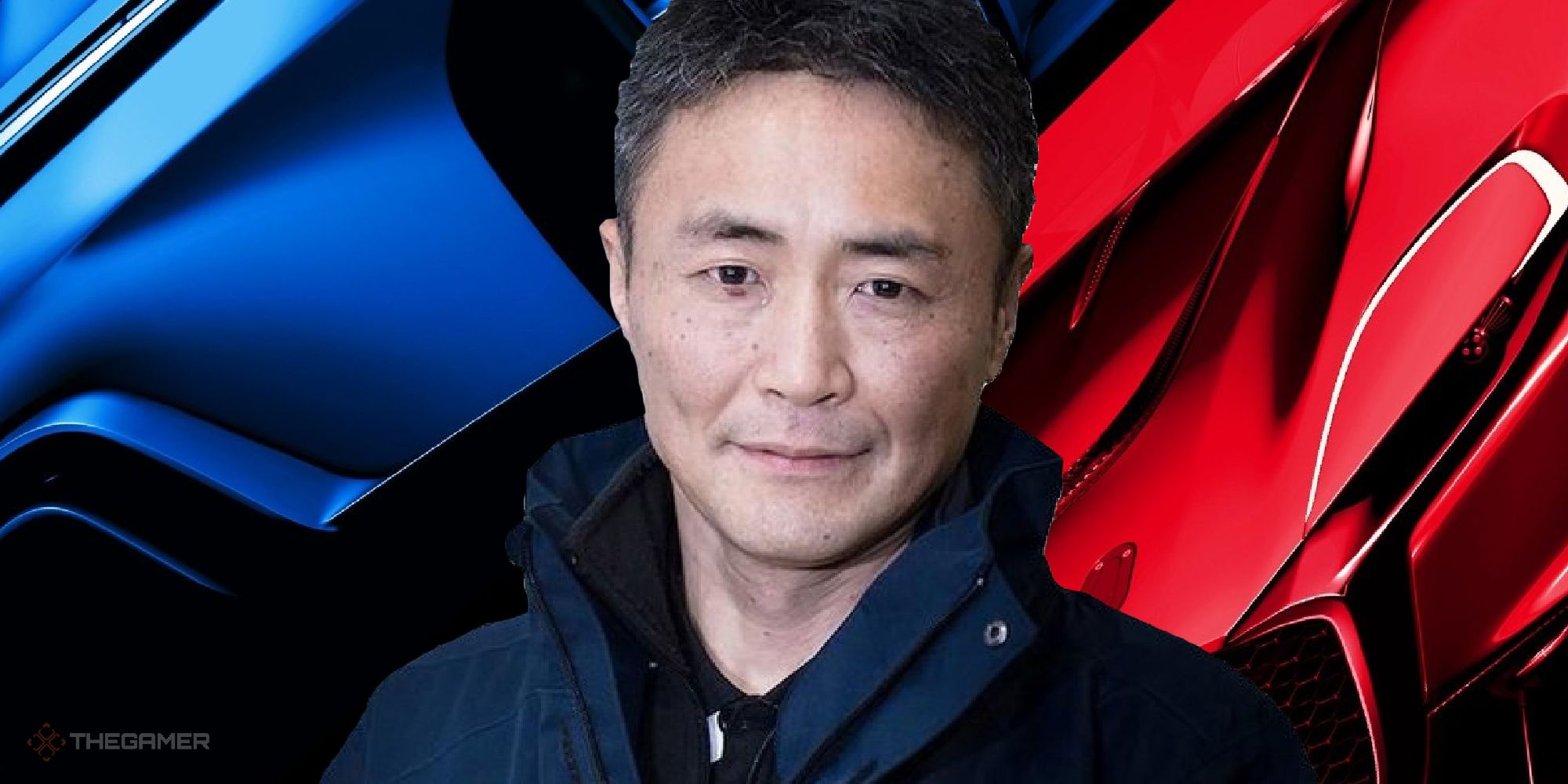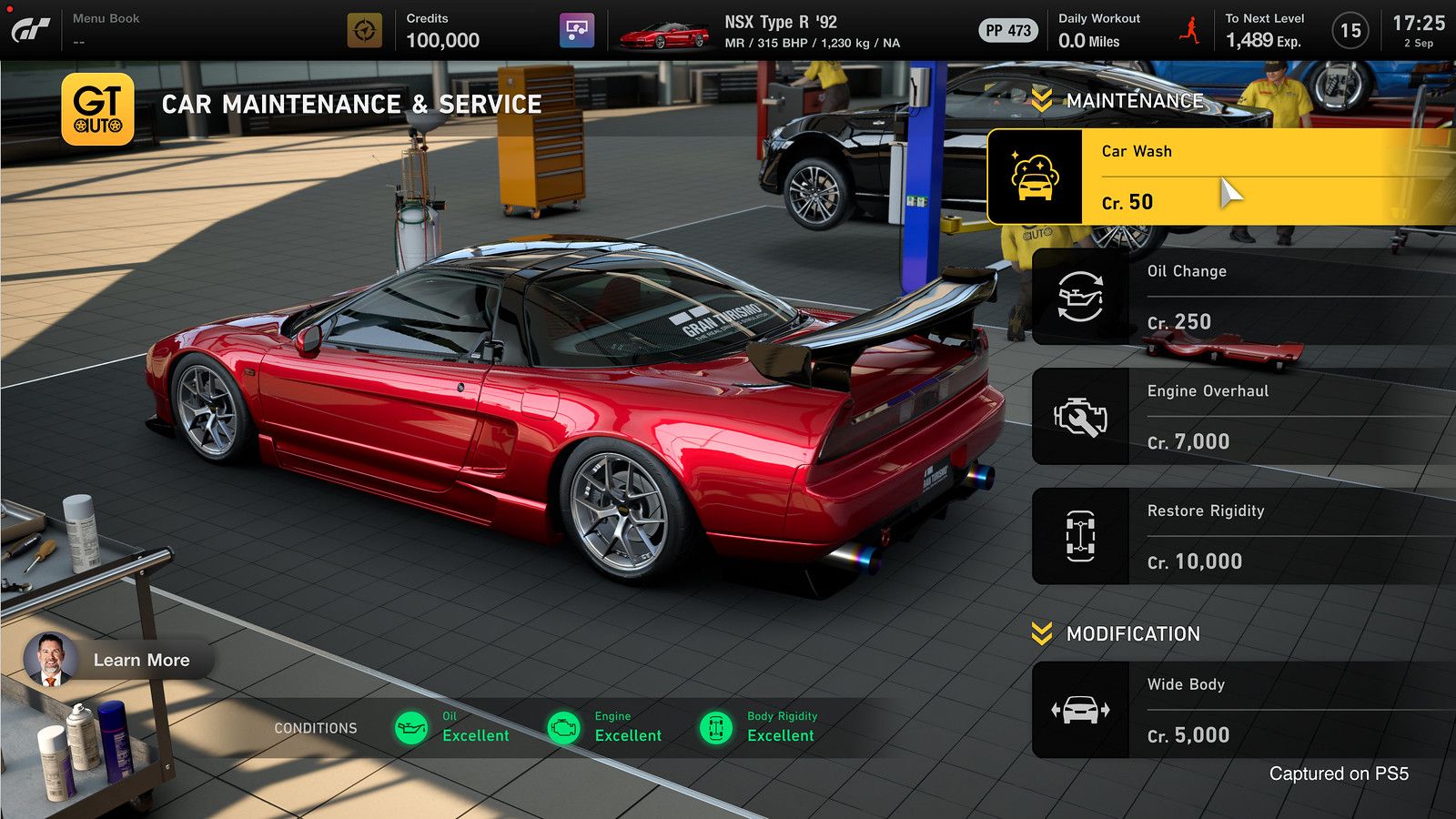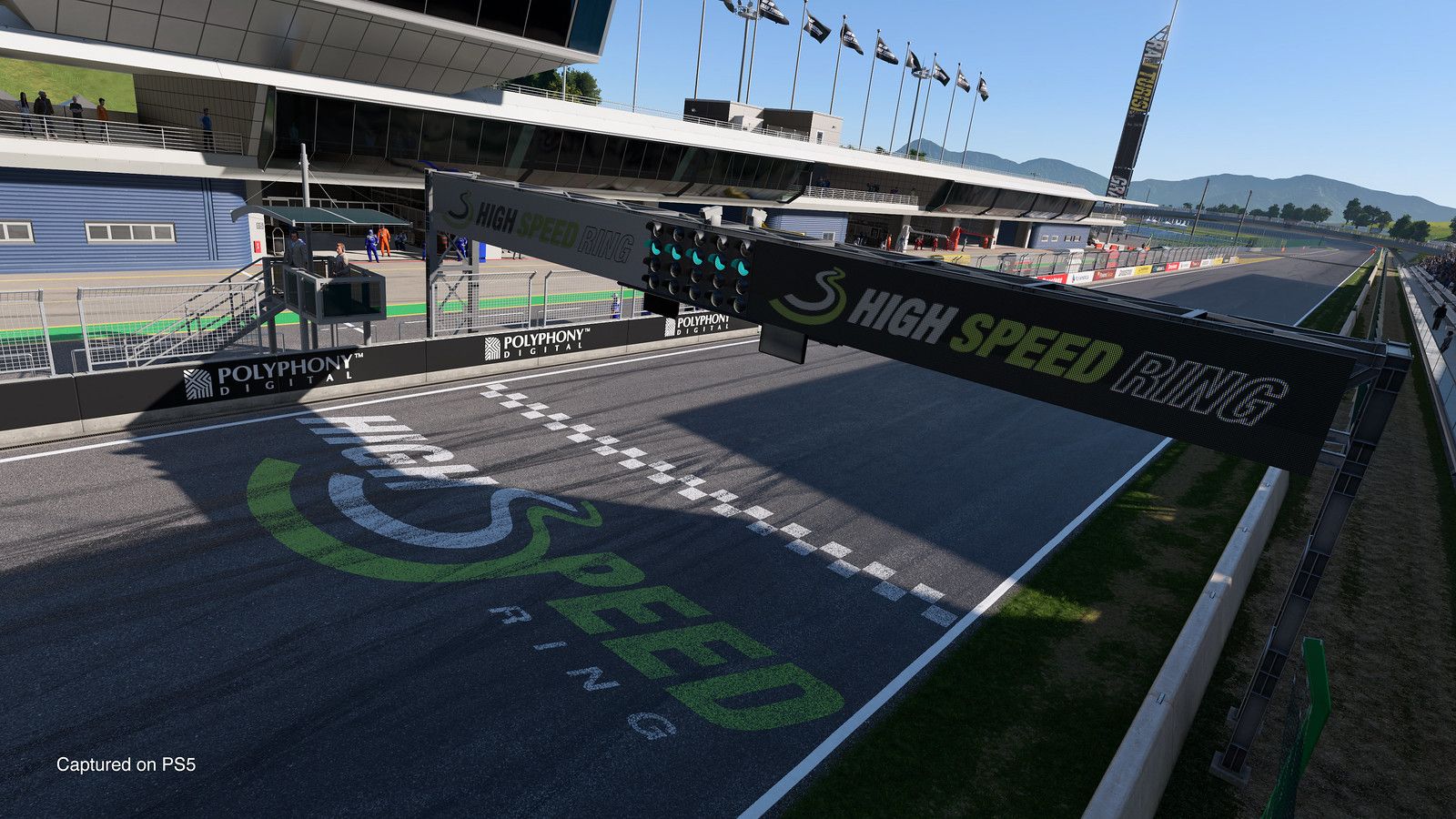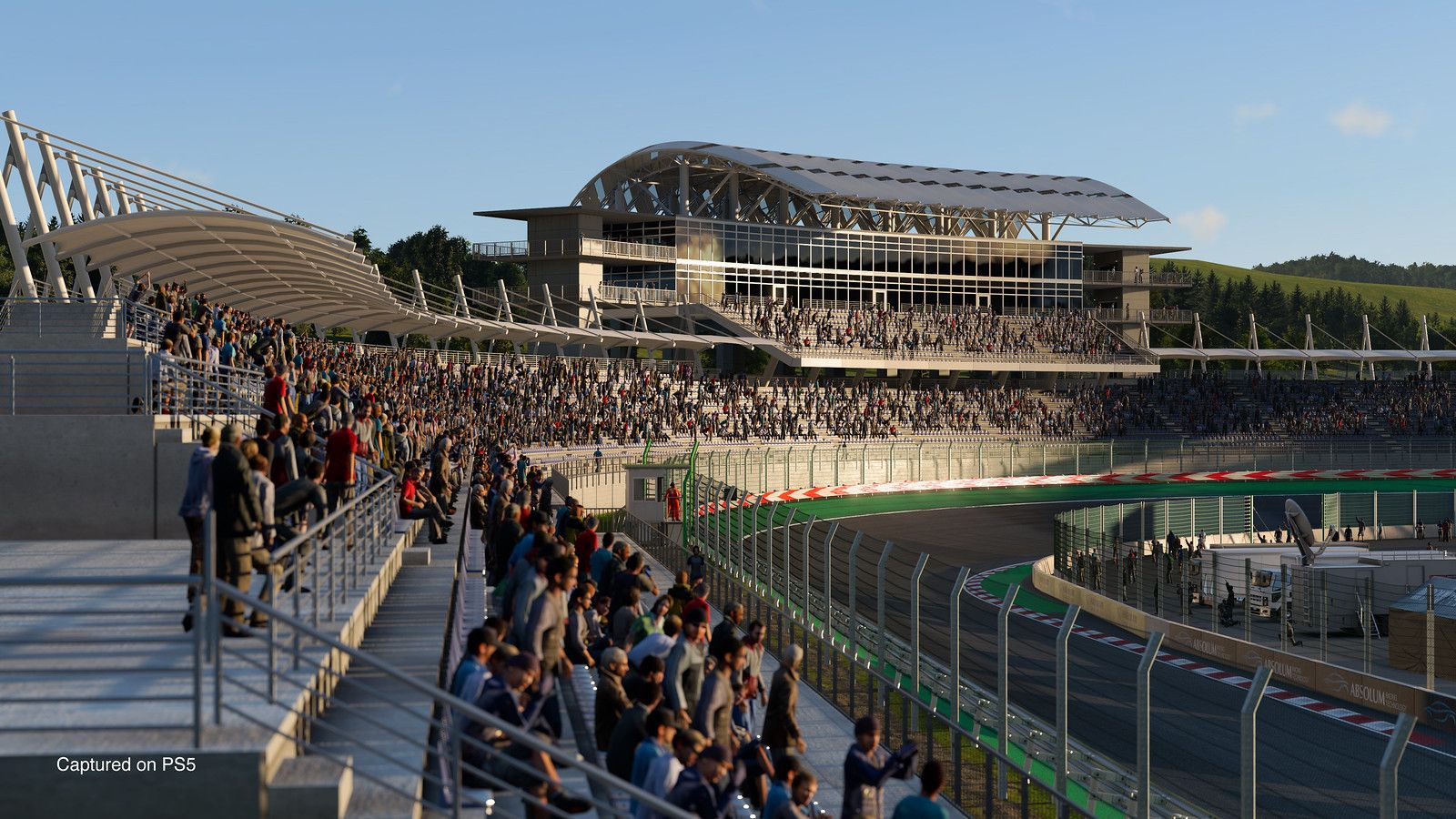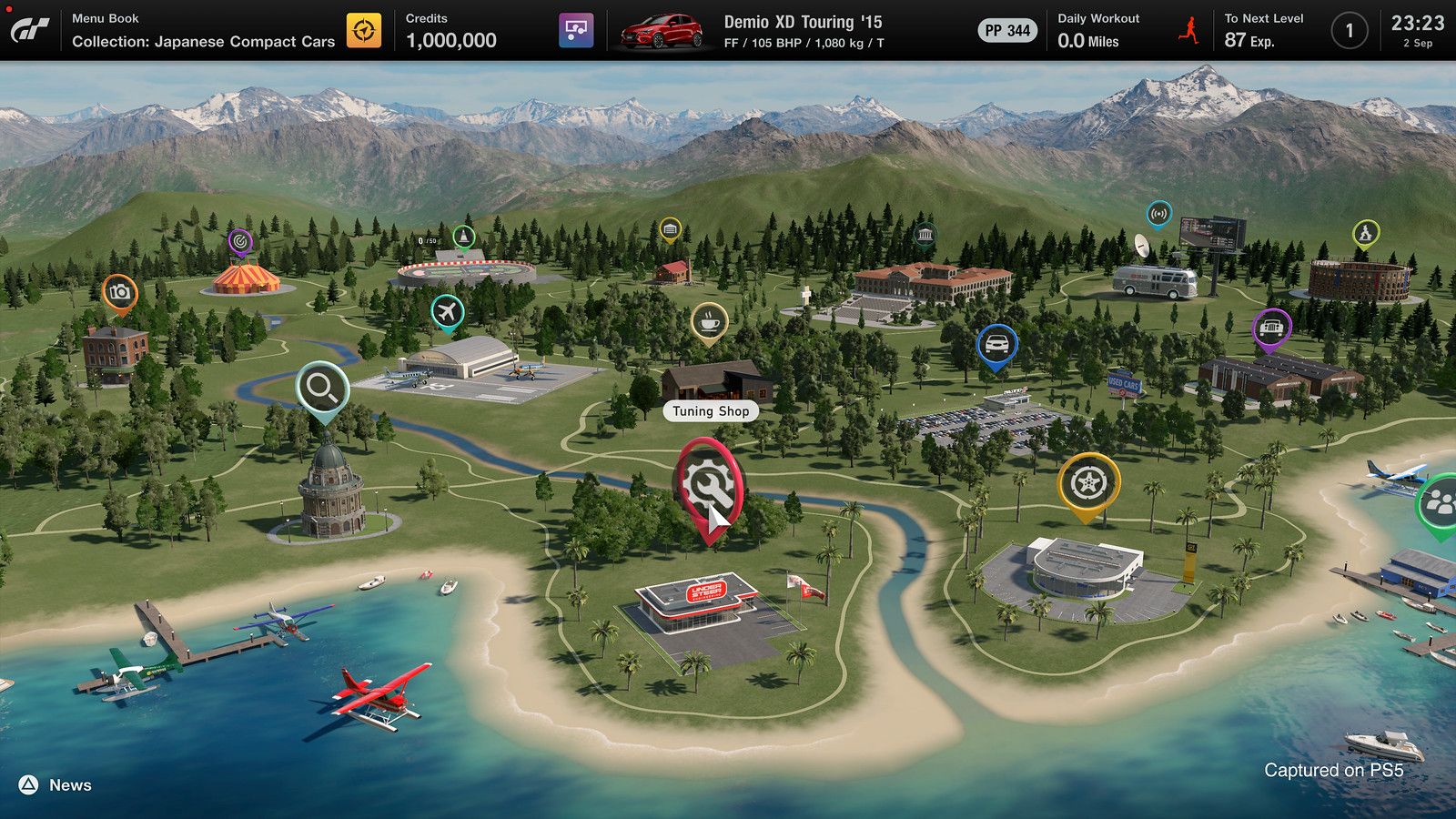“The PS3 was a nightmare,” Polyphony Digital CEO Kazunori Yamauchi tells me about the development of Gran Turismo during the seventh generation. “The hardware was so complex and difficult to develop on. It had the performance once you learned to use it right, but to get there was such a nightmare. It wasn’t until the release of GT6 [in 2013] when we managed to get the full performance out of the console - that’s how difficult it was.”
Gran Turismo began life as a PlayStation darling, dominating two console generations and entering the PS3 era with everything to lose. Gran Turismo and Gran Turismo 2 are the first and third highest selling PS1 games ever, split only by the iconic Final Fantasy 7. It was the pinnacle of racing simulators, with opposing platforms yet to conjure up any rivals worthy of its crown. Unfortunately for Yamauchi-san and his team, the HD console would prove to be a devious platform to work with. The cell processor was ahead of its time in terms of performance and graphical capabilities, but was architected in such a way that creating games for it took heinous amounts of time. It’s why third-party ports suffered and exclusives were few and far between in the console’s early days - it simply wasn’t fun to work with.
As a result, Forza Motorsport, an exclusive for rivals Xbox, emerged and took the racing crown, leaving Gran Turismo behind. The upcoming seventh installment, coming to PS4 and PS5, can be considered a comeback of sorts. Yamauchi-san views it as an opportunity to introduce his passion to a whole new generation of players, especially younger ones who are sinking into car culture for the very first time.
“Fans of the series who have been playing Gran Turismo for years might find this new entry a little too explanative,” Yamauchi-san tells me, noting how he wants to make GT7 more approachable despite its status as a racing sim. “But I want them to think about a new generation of kids who might be playing for the first time. The car world has a tendency to become a very closed society, they use terminology that only them and their peers would understand. For example, if you mentioned a 356, kids these days won’t know that’s referring to a Porsche anymore. Some of them might not even recognise a 911.
“We need to convey this information to new potential fans in order to keep car culture moving forward. That’s not to say we won’t be tackling the depth and realism we’ve always focused on, but we do have a big focus on accessibility in a way that takes in the new generation and makes Gran Turismo 7 approachable for both first time players and long time followers.”
Yamauchi-san is a hardened motorsport enthusiast, performing in professional events in the past and owning several classic cars of his own. He’s a motorhead through and through, but notes how the car enthusiast isn’t adjusting to the times like video games are. “In the car industry there hasn’t been a huge change in the past 25 years,” Yamauchi-san says. “25 years ago we had different types of car media and mediums where new fans would arise, but now most of those are gone. There’s very little out there to maintain the number of car fans in the world, but now Gran Turismo is one of the very few things that’s able to generate a new generation of car enthusiasts and fans. We have a responsibility to maintain car culture going into the future.”
This vision of the future is facilitated by the PlayStation 5, allowing development to be more focused and for the team to produce a gorgeous, lifelike representation of vehicles and tracks that lovers of the sport will immediately recognise. Gran Turismo has always strived for photorealism, but next-gen hardware is able to push that ambition further than ever. “The PS5 is much easier to create games on,” Yamauchi-san explains. “It meant we were able to create a well balanced experience that feels natural to play. Of course the graphics have improved and the 3D audio provides a very rich soundscape, and you honestly won’t feel the loading times. That creates a completely different experience, it opens up a whole new world.”
But as someone who has worked with the PlayStation platform since its inception in 1994, I was eager to ask Yamauchi-san how things have changed, and what it’s been like to watch the platform and racing genre evolve over the course of several decades. “When you think about the evolution of video game consoles, like from the PS1 to PS3, there were huge differences [and advancements] in each of those steps,” Yamauchi-san tells me. There’s a 100 percent increase in performance each time we get a new console, so every time we went up a generation, we had to rework our entire workflow from the ground up in order to accommodate each of those advances.
“Now we’ve reached the PS4 and PS5, you could say that the tools we use for expression in games have reached a point of maturity. I guess it’s like other entertainment fields like film or music where in movies, for example, you have the camera, you have the film, and all of your different editing tools. I think the same thing is happening in video games right now, where we now have our tools and can really start focusing on the expression part of things instead of worrying about our tools. I think that’s one of the major differences that have arisen in the past 25 years.”
Yamauchi-san continually references the education of a new generation with the arrival of Gran Turismo 7, with himself and Polyphony Digital keenly aware of the series’ absence in the societal zeitgeist and how this could almost be treated as a comeback of sorts. PS5 is clearly winning the cliched console war right now, but games like Forza Motorsport and Forza Horizon remain the marque members of the genre. Even if the throne can’t be retaken, this is a game that could still make a big difference for the world of car culture.
“We want players coming into Gran Turismo for the first time to be able to learn and understand what is a car, what is tuning, what settings do you need, what’s involved in a race,” Yamauchi-san explains. “In the past, we left it up to other media to provide that information before they started playing the game, but now we’ve realised that we need to understand and educate a new generation on what beautiful types of cars are being made around the world and what the history is behind them. That’s how we’ve designed this new game.”
Gran Turismo isn’t poised to reinvent itself on the PS5, with Yamauchi-san telling me that he’d rather refine and focus on this new entry instead of striving for something more arcadey like Forza Horizon. This is a pure, unfiltered racing simulator through and through, but also an experience that hopes to educate a new generation of fans who’ve never heard of the series before. Given it’s pushing its third decade of existence, it makes perfect sense to look forward to the future.
Gran Turismo 7 is coming to PS4 and PS5 on March 22, 2022.

